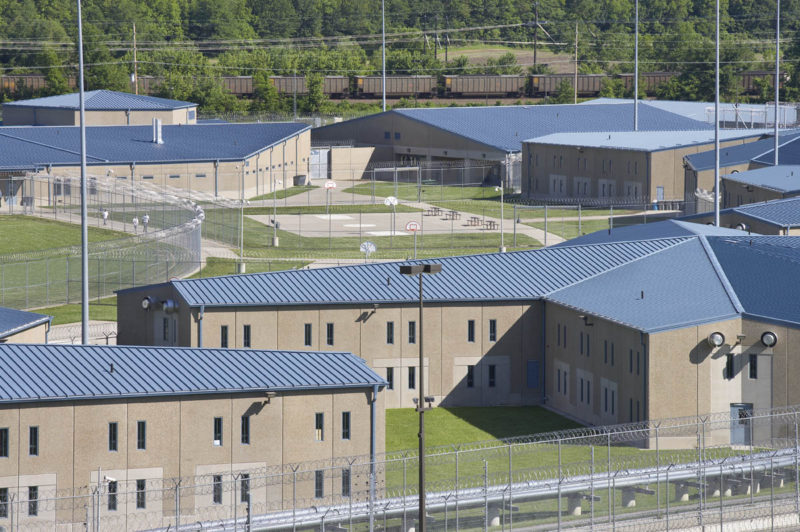JEFFERSON CITY, Mo. – A new analysis by the Pew Charitable Trusts shows a nationwide decline in crime and the rate of imprisonment.
Over the five-year period of 2010-2015, figures released by the U.S. Department of Justice Bureau of Justice Statistics show the nation’s imprisonment rate fell 8.4 percent. The FBI reports the combined violent and property crime rate fell 14.6 percent.
The data from the two reports show that over that five-year period, crime rates dropped faster in states with larger prison rate declines.
According to Pew, this provides evidence that states can have both less imprisonment and less crime at the same time.
“States are continuing to defy the common assumption that crime would keep shrinking only if prisons kept expanding,” Adam Gelb, director of Pew’s public safety performance project, said. “The numbers are showing that we can have less crime and less incarceration and that fact is really starting to sink in with voters and elected officials across the political spectrum.”
Pew’s analysis shows that nearly every state, including Missouri, experienced a reduction in crime. But the data also shows that Missouri, unlike the majority of other states, experienced an increase in imprisonment. In fact, Missouri has experienced a 3.8 percent increase in the imprisonment rate, while showing a 12.3 percent decrease in crime.
The goal for Missouri, of course, is to have fewer inmates and less crime, a concern for all statewide elected officials. The General Assembly has taken aim at several crime reform laws in the upcoming legislative session, particularly in the defense of law enforcement, and incoming Gov.-elect Eric Greitens has made the fight against crime one of the top priorities, especially so after the incoming First Lady was robbed at gunpoint earlier this December.

Greitens appointed a new head of the Department of Corrections, naming Anne Precythe as the new Director of the Department of Corrections. Precythe comes to Missouri from North Carolina, where she played a major role in reforming that state’s parole department.
The data provided in the Pew analysis shows North Carolina with a decrease in both areas, a 5 percent decrease in crime and an 18.8 percent decrease in the imprisonment rate.
One thing that will play a role in the state’s ability to deter crime is the new Criminal Code Revision, which takes effect in Missouri on January 1st.
“This process set a new standard for how crime and punishment is crafted in Missouri, by involving all stakeholders and through a disciplined structure of incrementally increasing punishment for non-violent to violent crimes and first-time to repeat offenses, and resisting efforts to create duplicative or unnecessary crimes when that criminal conduct is already addressed through existing statutes,” Missouri Association of Prosecuting Attorneys President Amy Fite said in a news release. “Going forward each session, we must maintain this focus as we analyze new bills and make sure that we maintain the structure set forth in this Revision.”
The laws place a much harsher punishment on offenders, strengthening the punishment for repeat, violent offenders, increasing the penalties for child sex predators, and enhancing DWI enforcement laws, which would require habitual offenders to serve a guaranteed 85 percent of their sentence.
While the overall goal is to deter crime, it could also lead to more incarceration as law enforcement and the courts crack down on the offenders. But, as with any reform, the effect of it still remains to be seen.
Benjamin Peters was a reporter for The Missouri Times and Missouri Times Magazine and also produced the #MoLeg Podcast. He joined The Missouri Times in 2016 after working as a sports editor and TV news producer in mid-Missouri. Benjamin is a graduate of Missouri State University in Springfield.










